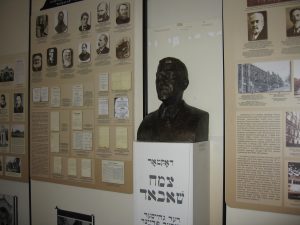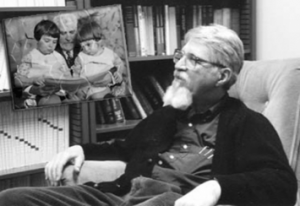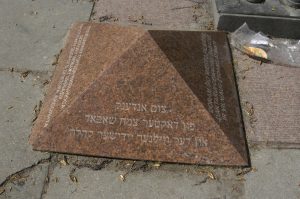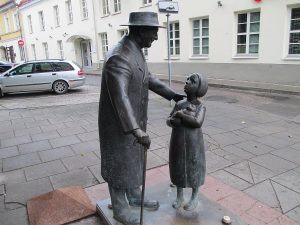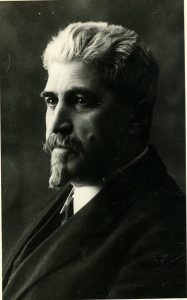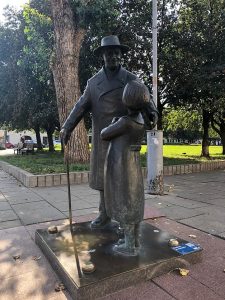Tsemaḥ Szabad
(1864–1935), physician and public figure. Tsemaḥ (Yid., Tsemakh) Szabad was born in Vilna and educated in the traditional Jewish system and in a Russian secondary school. In 1881, he moved to Moscow, completing his medical studies at Moscow University in 1889. Five years later, Szabad returned to Vilna and worked as a physician at the local hospital. Because of his involvement in the 1905 Revolution, he was forced to leave Vilna for several years. During World War I, he provided care and support to Jews living in the battle zones.
When the war ended, Szabad began to play an active role in public life and quickly became one of the most prominent figures in the Vilna Jewish community. Still working on a daily basis as a physician, he also served as chair of the local branch of the Society for the Protection of the Health of the Jews (OZE), which had been founded in Saint Petersburg before World War I. Its goal was to raise the hygienic standards of Jewish society and to assist children and new mothers in health matters by, among other things, taking steps to advance preventive medicine—and by organizing summer camps for children. Szabad also chaired the Jewish Committee for the Relief of War Victims (Evreiskii Komitet Pomoshchi Zhertvam Voiny; EKOPO), an organization dedicated to assisting and rebuilding Jewish communities in Eastern Europe after World War I.
Szabad founded the respected periodical Folksgezund (Popular Health) and published various works on medicine. His own popularity as a physician was reflected in the fact that the hero in Kornei Chukovskii’s “Doctor Oh-It-Hurts,” a well-known children’s story, was based on his own personality.
Szabad promoted educational opportunities for Jews in Lithuania. Among his varied activities, he established evening schools for women; served as a member of the board of the Vilna Yiddish Educational Association; worked to advance and expand the network of secular Yiddish-language schools; served as head of the board of the vocational training organization ORT; founded a public library in Vilna; and was the Vilna chair of the executive of the Society for the Promotion of Culture (more literally, Dissemination of Enlightenment) among the Jews of Russia (OPE). Szabad was also active in the cultural activities; he was editor of the Vilner zamlbukh (Vilna Collection) between 1917 and 1918, served as a member of the executive of the Historical-Ethnographic Society, and was one of the founders of YIVO, the Yiddish Scientific Institute.
Clearly one of the most important leaders of Vilna’s Jewish community, Szabad was elected chairman of the executive in 1919. Between then and 1927, he served on the Vilna city council; and in 1928 was elected to the Polish senate. Szabad’s political views placed him in the autonomist stream. Together with historian Simon Dubnow he founded the Folkspartey (Folkist Party) to compete in Polish politics, but he later broke with the leadership and went his own way.
From: Yivo
